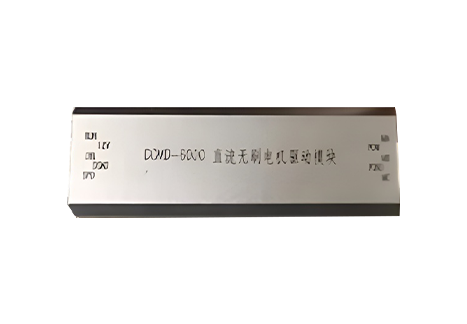
Inverters are an essential component in many electrical systems, converting direct current (DC) into alternating current (AC) to power a variety of devices and appliances. However, like any other electronic device, inverters can experience issues that may disrupt their operation. Below, we discuss some common problems with inverters and how you can fix them.
1. Overheating: One of the most common issues with inverters is overheating, which can occur due to inadequate ventilation or overloading. To fix this problem, ensure that the inverter is placed in a well-ventilated area with sufficient airflow. Additionally, avoid overloading the inverter by reducing the number of connected devices or upgrading to a higher wattage model if needed.
2. Faulty wiring: Incorrect wiring or loose connections can cause the inverter to malfunction or shut down. To fix this issue, carefully inspect the wiring connections and terminals to ensure they are secure and properly connected. If necessary, rewire the connections following the manufacturer's guidelines.
3. Low battery voltage: If the battery voltage drops below a certain threshold, the inverter may stop working or produce unstable output. To address this issue, check the battery voltage using a multimeter and recharge or replace the battery if necessary. You can also adjust the low voltage cutoff settings on the inverter to prevent it from shutting down prematurely.
4. Output voltage fluctuations: Fluctuations in the output voltage can lead to inconsistent performance and potential damage to connected devices. To fix this problem, check the input voltage to the inverter and ensure it is within the specified range. You can also adjust the output voltage settings on the inverter to stabilize the output signal.
5. Overload or short circuit protection: Inverters are equipped with protective features such as overload or short circuit protection to prevent damage to the device or connected appliances. If the inverter shuts down unexpectedly, check for any signs of overload or short circuit in the system. Remove or replace any faulty devices or circuits to prevent further damage.
6. Firmware updates: Some inverters may require periodic firmware updates to address performance issues or add new features. Check the manufacturer's website for any available updates and follow the instructions to download and install the latest firmware version. This can help resolve compatibility issues and improve the overall reliability of the inverter.
7. Inverter compatibility: Not all inverters are compatible with every type of device or appliance. Before connecting any device to the inverter, check the specifications and compatibility guidelines to ensure they are compatible. Using incompatible devices can lead to performance issues or damage to the inverter.
In conclusion, inverters are essential components in many electrical systems, but they can experience various issues that may disrupt their operation. By addressing common problems such as overheating, faulty wiring, low battery voltage, output voltage fluctuations, overload protection, and inverter compatibility, you can maintain the optimal performance and reliability of your inverter. If you are unable to resolve the issue on your own, consider seeking professional assistance or contacting the manufacturer for further troubleshooting and support.
ПРОДУКТ
№ 69, Современный предпринимательский центр, улица Чжанбали, Зона высоких технологий, район Яньта, город Сиань
186-9186-8655
baishidong@advance-xa.com
Авторские права
Комментарий
(0)